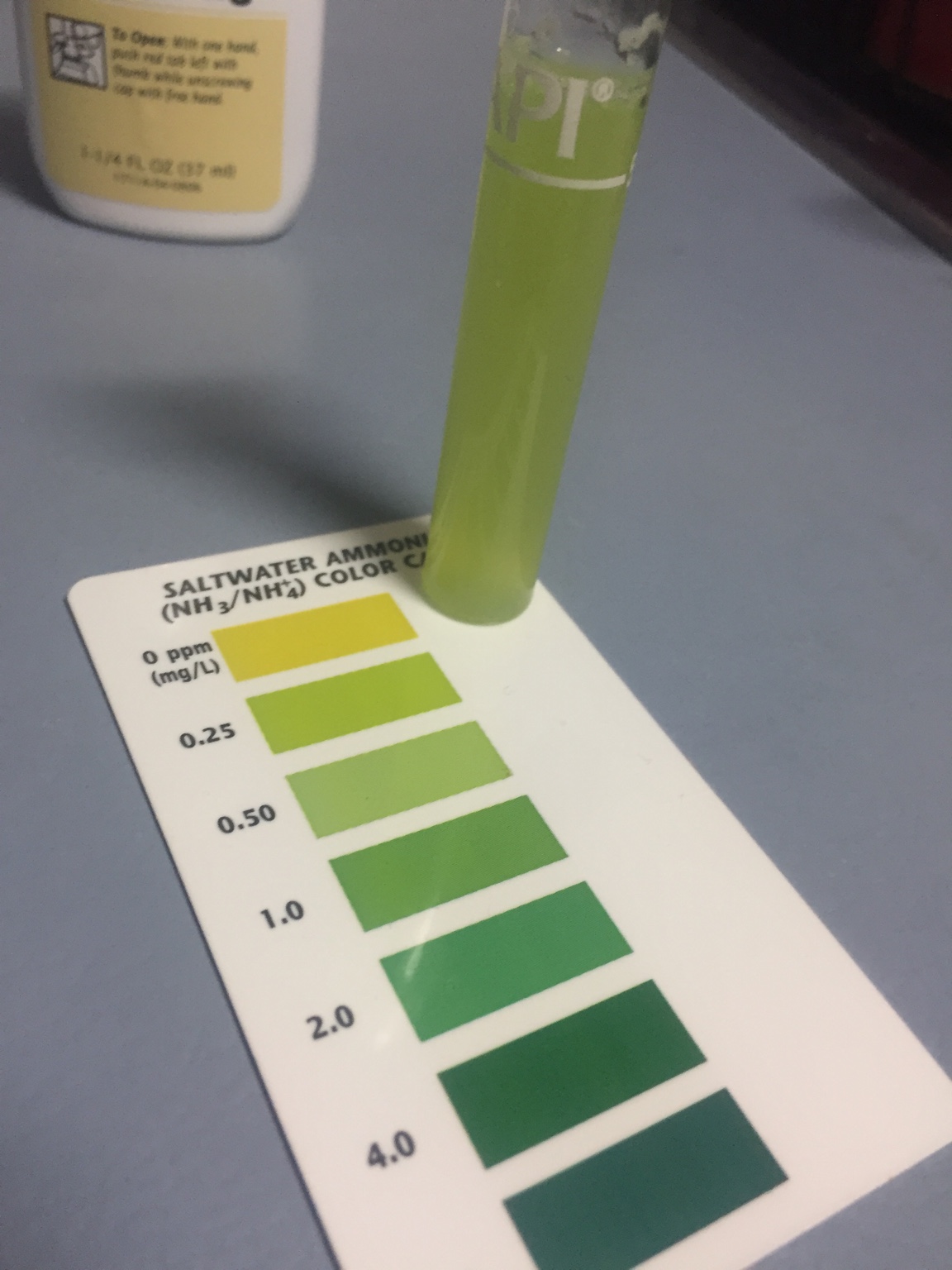Hi R2R!
A couple of months ago I started curing some live rock in freshwater which I suspected had bound phosphate in it. I cured it in a 10gal with some freshwater plants to help take up some phosphate. I know it's not the ideal way to help cleanse the rock, but it's an experiment I was wanting to do. I'm always looking for different ways to do stuff!
I wasn't getting anywhere near the phosphate readings I was expecting and eventually had absolutely no algae growth even after weeks of no water changes. Now here is my first mistake. At this point I should have dried the rock out and let it bleach in the sun. However, in my super excited state I (without thinking ahead) added the rock directly to a newly set up and completely empty marine tank.
So my question is, will the nitrifying bacteria that now colonises that rock survive the change from freshwater to marine conditions?
Of course I plan on doing the initial cycle properly and not cutting corners, this is just something that piqued my curiosity and I couldn't find any information about this online.
Im wondering if I should expect some changes in ammonia testing at all? Perhaps a larger spike when all the freshwater bacteria dies off, or maybe a smaller spike or none at all if the bacteria can survive?
A couple of months ago I started curing some live rock in freshwater which I suspected had bound phosphate in it. I cured it in a 10gal with some freshwater plants to help take up some phosphate. I know it's not the ideal way to help cleanse the rock, but it's an experiment I was wanting to do. I'm always looking for different ways to do stuff!
I wasn't getting anywhere near the phosphate readings I was expecting and eventually had absolutely no algae growth even after weeks of no water changes. Now here is my first mistake. At this point I should have dried the rock out and let it bleach in the sun. However, in my super excited state I (without thinking ahead) added the rock directly to a newly set up and completely empty marine tank.
So my question is, will the nitrifying bacteria that now colonises that rock survive the change from freshwater to marine conditions?
Of course I plan on doing the initial cycle properly and not cutting corners, this is just something that piqued my curiosity and I couldn't find any information about this online.
Im wondering if I should expect some changes in ammonia testing at all? Perhaps a larger spike when all the freshwater bacteria dies off, or maybe a smaller spike or none at all if the bacteria can survive?
















